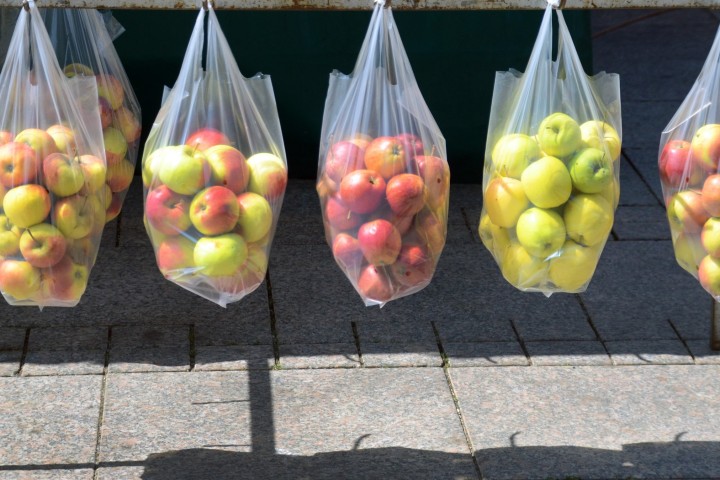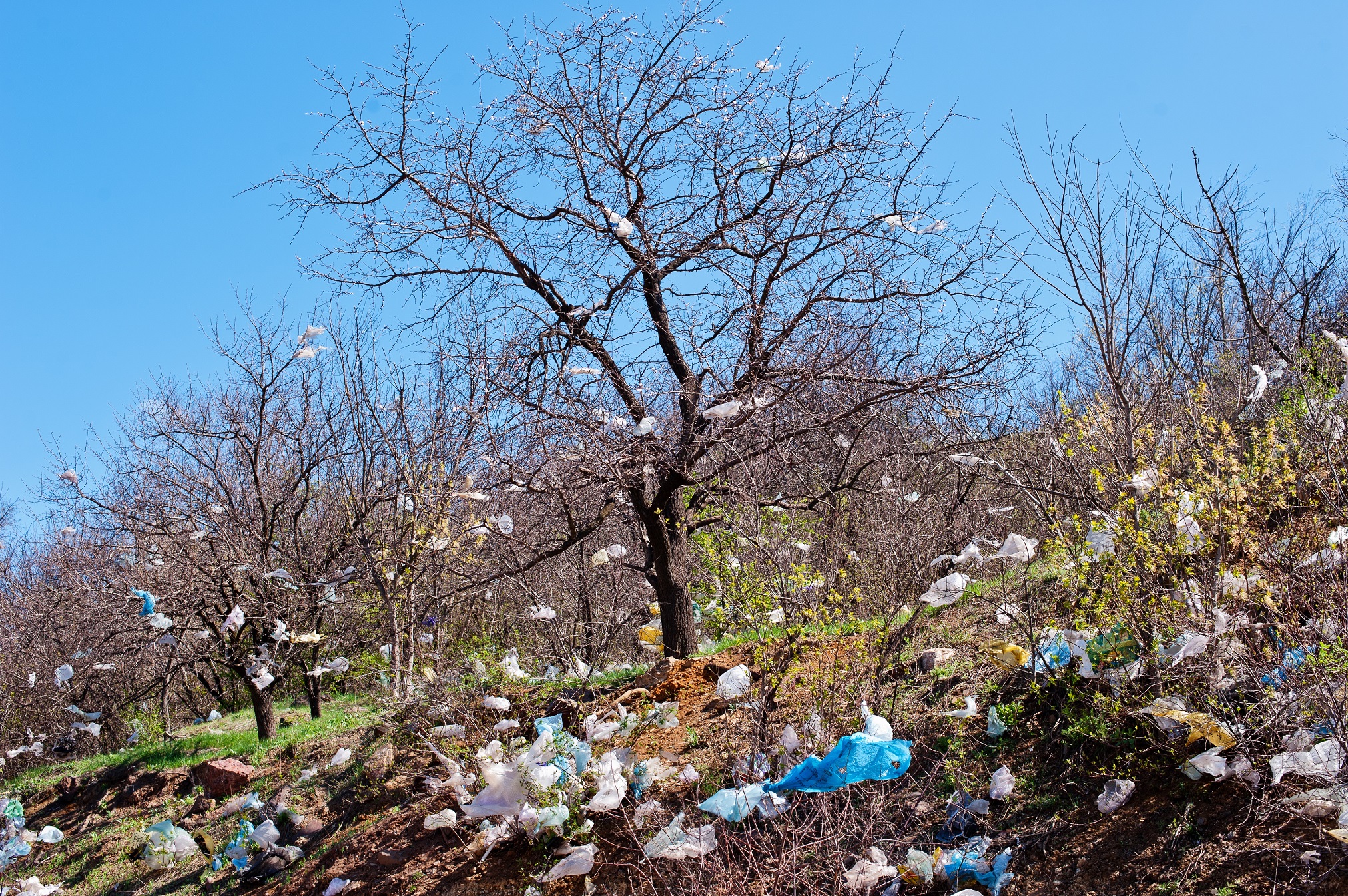A plastic garbage truck thrown every minute to the sea!
Denis Ody, Mediterranean Manager at WWF France says that everything that is produced ends up at sea, especially toxic products. "Between 8 and 12 million tons of plastic are thrown into the sea each year. It's the equivalent of a plastic garbage truck per minute. "He says.
Plastic ... in our stomach!
Denis Ody distinguishes two types of plastic. On the one hand, the one that floats on the surface and that gradually degrades into finer and finer particles. On the other hand, the plastic micro-particles contained in textiles or cosmetics. In both cases, the plastic is invited in the food chain and, incidentally, in our stomach.
Plastic in a few numbers
• Plastic represents 10% of all man-made waste.
• At least 8 million tonnes of plastic end up in the oceans each year.
• If we do not change our habits, scientists estimate that by 2050 there will be more plastic than fish in the oceans.
• About 50% of the plastic produced is for single use or is intended for the manufacture of packaging.
Plastic bags and ... UN figures
The UN says the scale of the challenge is daunting, and since the 1950s, plastic production has surpassed that of almost every other material. In addition, the UN notes that if current consumption patterns and waste management practices continue, there will be about 12 billion tonnes of plastic waste in landfills and the environment by 2050.



